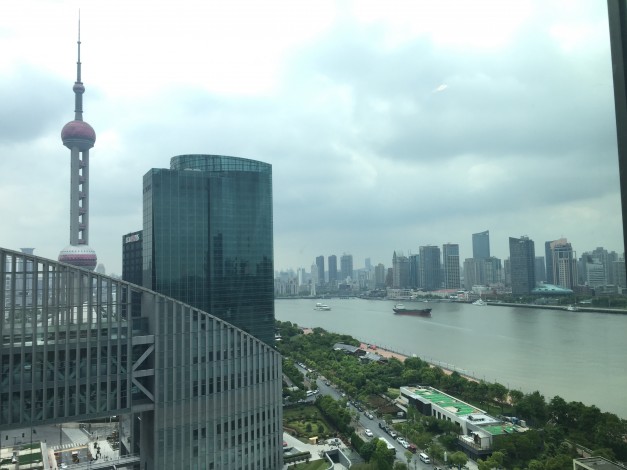
9 May 2015 – Shanghai, China.
“You did more in one hour than what we have been able to do in years!”
These grateful words came to me today from the mouth of the global head of branding of one of the largest professional services firms in the world. I had just stepped off stage after delivering a one hour keynote speech at the company’s Asia Pacific Partner Conference.
I smiled and said, “Thank you”.
She added, “Your speech also changed the way I look at the world.”
People sometimes ask me why a company would fly in a professional speaker from a different country just to have him or her speak for one hour.
The answer is simple: Because they see results.
If you are a trainer, you can aim to teach a skill or to instill knowledge in your audience. But if you are a speaker, you should aim to rock their world. You should try to change their minds.
Now, not every keynote speech succeeds in altering the universe of the audience, but every keynote speaker should at least try. Because a great speech can change the world.
People have gone to war – and to the moon – because of great speeches.
Now, the stakes when giving a keynote speech at a corporate kick-off might not be as high as when Churchill was rallying his citizens against Hitler or when President Kennedy got the Americans to want to send astronauts to the moon.
But at a global or international conference for a global company, the stakes can still be high. A successful speech that changes the mindset of the top 150 global managers of a billion dollar company can mean millions in saved costs or increased revenue.
In the case of the conference today in Shanghai, my speech got the Asian leadership to understand why the company needed to become more global in the way it is run, something the global management unsuccessfully had tried to communicate for a few years. Now, after a one hour speech, the audience was on board.
If you look at a keynote speech as an event where, in this case, 150 top managers got a one-hour message that helps them get on-board the global strategy – then suddenly the idea of flying in a keynote speaker doesn’t seem so strange.
Perhaps that is how professional speakers like myself should sell ourselves: not as “giving a one-hour speech” but as “delivering 150 hours of top management transformation” 😉
Lesson: When planning a keynote speech, ask yourself, “How will this speech transform the minds of the audience?”.

